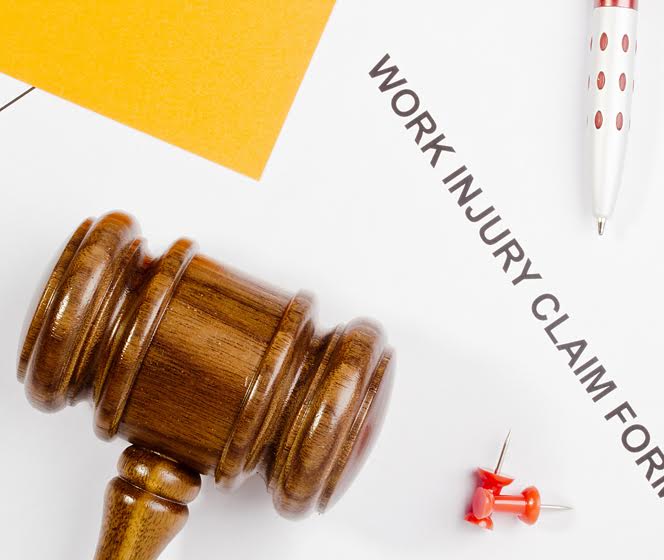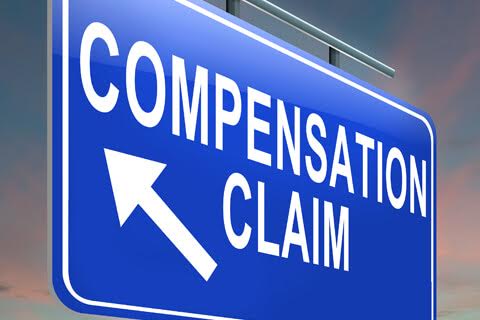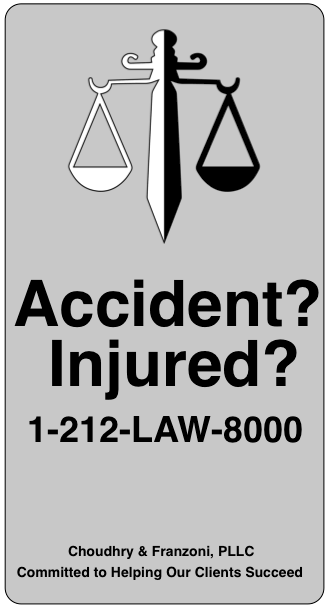Workers’ compensation is insurance that provides cash benefits and/or medical care for workers who are injured or become ill as a direct result of their job. Employers pay for this insurance, and shall not require the employee to contribute to the cost of compensation. A claim is paid if the employer or insurance carrier agrees that the injury or illness is work-related.
Worker’s Compensation Eligibility
You are covered by WC laws from the first day you begin your job. If you are injured on the job, regardless of whether the injury was your fault or not, you are covered by WC laws. In a workers’ compensation case, no one party is determined to be at fault. The amount that an injured employee receives is not decreased by his/her carelessness, nor increased by an employer’s fault.
Drugs – Alcohol – Intoxication Work Accidents
The only exception is if you were intoxicated or under the influence of drugs, or if you intentionally caused the accident. A worker loses his/her right to workers’ compensation if the injury results solely from his or her intoxication from drugs or alcohol, or from the intent to injure him/herself or someone else.
Job Related Injuries vs. Non Job Related Injuries
A claim is NOT paid if the employer or insurance carrier DO NOT AGREE that the injury or illness is work-related. If the employer or insurance carrier disputes the claim, no cash benefits are paid until the workers’ compensation law judge decides who is right. If a worker is not receiving benefits because the employer or insurance carrier is arguing that the injury is not job-related, he or she may be eligible for disability benefits in the meantime. Any payments made under the Disability Program, however, will be subtracted from future workers’ compensation awards.
Workers’ Compensation Claim Facts
- If you have been injured in any work related accident
- You have a legal right to file for worker’s compensation claim.
- Worker’s Compensation Case Filing is free
- You may file even you are at fault for the injury or illness
- By law, your employer has already paid for WC insurance
- You can continue to work while receiving WC benefits
- Your WC benefits, includes wage payments and medical care
- Wage and Medical benefits can continue even if you change jobs or leave the state
- If you can never return to work, benefits continue for life
- Any sick leave you use being treated for an occupational illness or injury can be reimbursed
- You may be eligible for additional awards only available if you file for WC
- In general, you cannot sue your employer for job-related injuries.
Worker’s Compensation and Cash Benefits
An employee who is Totally Or Partially Disabled and unable to work for more than seven days is entitled to cash benefits under New York’s workers’ compensation system. The amount that an injured worker gets will depend on his or her average weekly wage in the year before the injury or illness. This benefit does not cover all of the worker’s salary. At most, the employee can expect to get two-thirds of the average weekly wage. To calculate benefits, the Workers’ Compensation Board uses this formula: 2/3 of the average weekly wage multiplied by the percent of the worker’s disability. Under that formula, a worker who was averaging $600 a week in pay and is now 50 percent disabled would receive $200 per week in cash benefits. As of July 1, 2009, the maximum weekly benefit for an injured worker is $600.
Worker’s Compensation Medical Benefits
Injured employees or those suffering from an occupational disease are entitled to medical care directly related to the injury or illness, as well as medical expenses related to rehabilitation. The health care provider that the employee chooses for treatment must be approved by the Workers’ Compensation Board, although that rule does not apply in emergencies. Medical services are paid for by the employer or its insurance carrier if there is no dispute about the injury or illness claim. The employee may also be entitled to an automobile mileage allowance for trips made to and from the doctor’s office.
Worker’s Compensation Death Benefits
When a worker dies because of a compensable on-the-job injury or illness, his surviving spouse or minor children, as well as other statutorily defined dependents, can collect weekly cash benefits. The amount they’ll get is equal to two-thirds of the deceased worker’s average weekly wage in the year prior to his or her accident, subject to a weekly maximum. Funeral expenses of up to $5,000 are available in most New York counties. Funeral expenses of up to $6,000 are paid in metropolitan New York counties.
Employees Covered By The Workers’ Compensation Law
Virtually all employers in New York State must provide workers’ compensation coverage for their employees. Law requires that employers must post notice of coverage in their place(s) of business.
Employers must cover the following workers for workers’ compensation insurance:
- Workers in all employments conducted for-profit. Part-time employees, borrowed employees, leased employees; family members and volunteers working for a for-profit business must also be covered under the Workers’ Compensation Law.
- Employees of counties and municipalities engaged in work defined by the law as “hazardous”.
- Public school teachers, excluding those employed by New York City, and public school aides, including New York City.
- Employees of the State of New York, including some volunteer workers.
- Domestic workers employed forty or more hours per week by the same employer, including full-time sitters or companions, and live-in maids.
- Farm workers whose employer paid $1,200 or more for farm labor in the preceding calendar year.
- Any other worker determined by the Board to be an employee and not specifically excluded from coverage under the Worker’s Compensation Law.
- All corporate officers if the corporation has more than two officers and/or two stockholders.
- Officers of one-or-two person corporations if there are other individuals in employment. These officers may choose to exclude themselves from coverage.
- Most workers compensated by a nonprofit organization.
- Volunteer Firefighters and Volunteer Ambulance Workers are provided benefits for death or injuries suffered in the line of duty under the Volunteer Firefighters’ Benefit Law and Volunteer Ambulance Workers’ Benefit Law.







